
Recommendation
At the flea market, you’re negotiating a price with the vendor for an item you like. You are about to wrap up your deal when someone rushes in, snaps up the item from the vendor and sells it to you for a slightly higher price, pocketing the difference. That happens on market exchanges thousands of times a day in the form of high-frequency trading (HFT). In this revealing, entertaining financial tale, Michael Lewis (author of Moneyball and other bestsellers) explains and criticizes this kind of algorithmic trading. He focuses on Brad Katsuyama, a former Royal Bank of Canada executive, who embarked on a tenacious quest to battle high-frequency trading. Seeing the field through Katsuyama’s lenses leads to personalized, somewhat black-and-white reporting, which may blunt the subject’s complexity. However, Lewis gives his interview subjects a full hearing, including their frequent F-bombs. Some critics allege that the book touts Katsuyama’s exchange (it does), and some question nuances of Lewis’s interpretation (various blogs both debunk the book and debunk the debunkers). Even given the esoteric subject matter, this is worth reading if only because Lewis wrote it; you’ll laugh, feel the excitement, and get engrossed and maybe a bit angry. getAbstract recommends this accessible, challenging saga as a great backgrounder for anyone interested in the workings of Wall Street and the whereabouts of their savings.
Summary
About the Author
Michael Lewis wrote Moneyball and other bestsellers. A contributing writer for The New York Times Magazine, he also writes for Vanity Fair and Portfolio magazine.









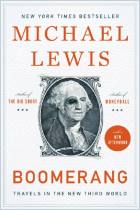
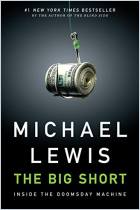
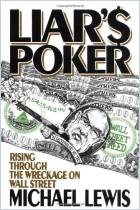

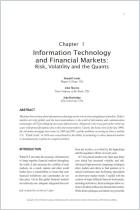


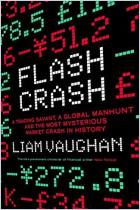

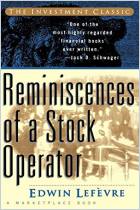




Comment on this summary or Начать обсуждение